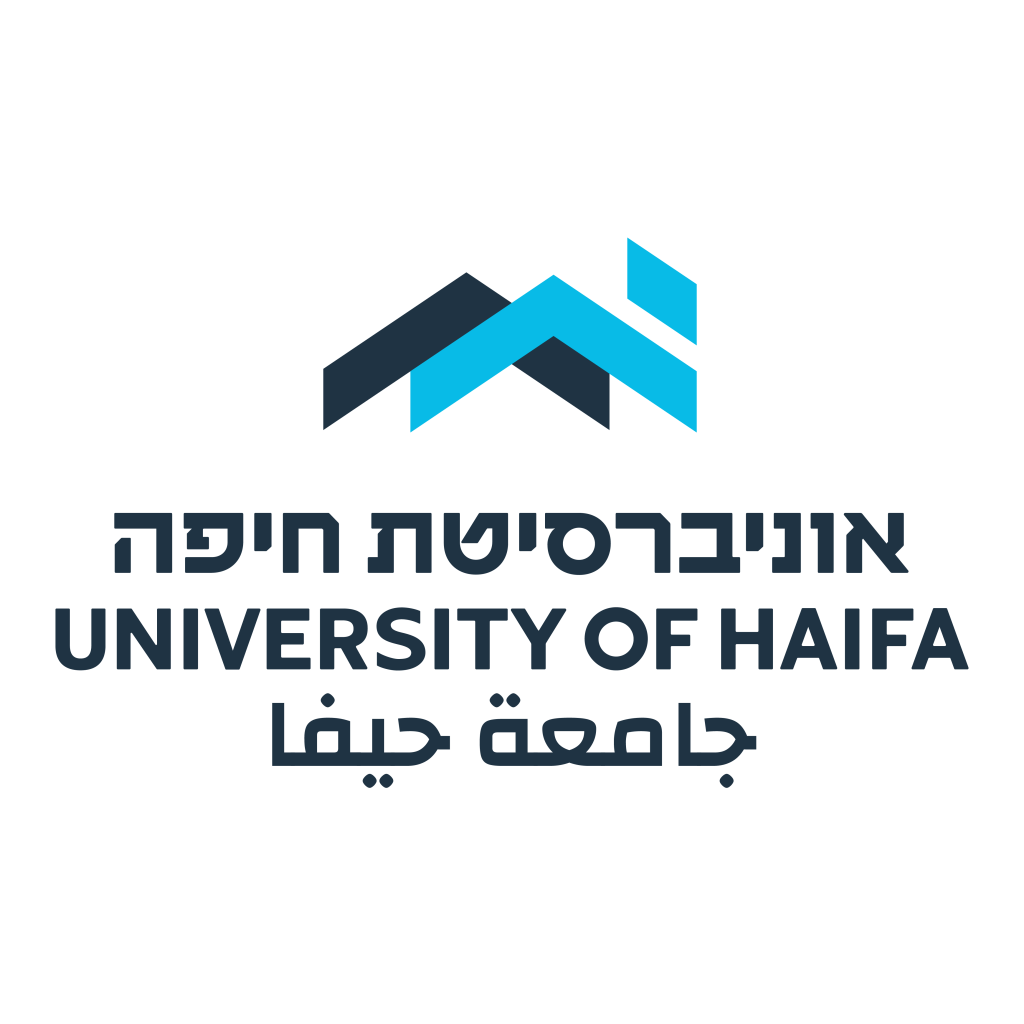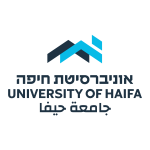


Balancing Contradicting Human Rights Obligations in Armed Conflicts and Counter Terrorism workshop
Participants (in alphabetic order)

Anna Blechová is a PhD student at the Institute of Law and Technology, Masaryk University. Her research focuses on the legal aspects of cybersecurity in outer space, with a specific focus on the area of New Space. Anna holds a law degree from Masaryk University and has previously interned at the Law Branch of NATO CCDCOE and the National Cyber and Information Security Agency (NÚKIB).
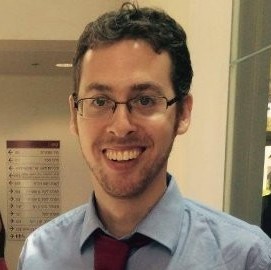
Ariel’s fields of research include international security, diplomacy and conflict, and the intersection of politics and strategy. Among other topics, he published articles about asymmetric conflicts, terrorism, propaganda, and foreign policy, especially in the Middle East and in the context of the Israeli Arab conflict.
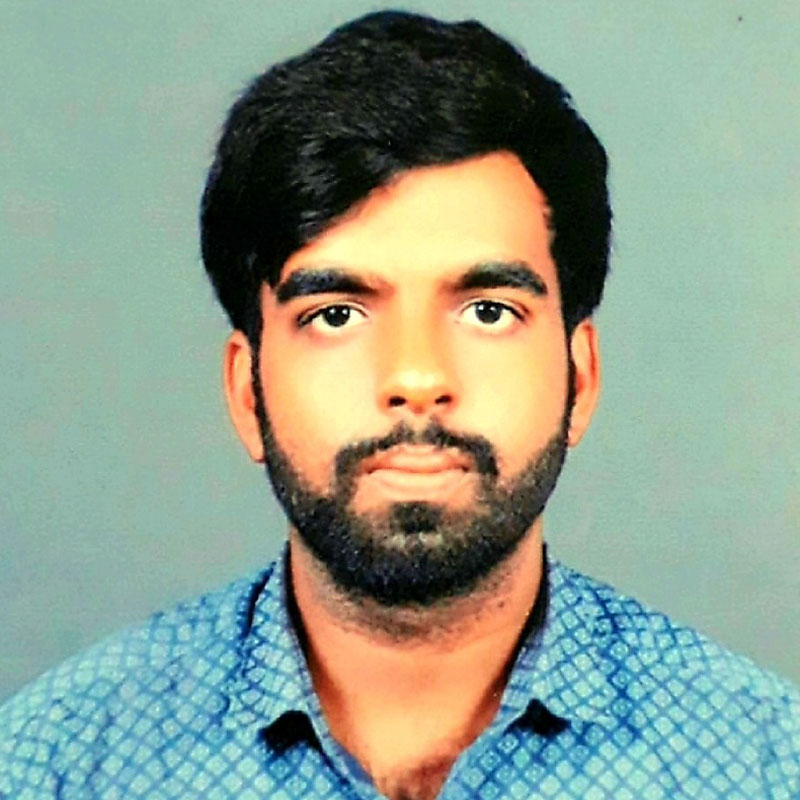
Atul Alexander is an Assistant Professor (Law) at the West Bengal National University of Juridical Sciences (WBNUJS), Kolkata, and faculty advisor of the International Law Student Association (ILSA)WBNUJS Chapter. I am an alumnus of Loyola College, the School of Excellence in Law, and completed my PhD from The Tamil Nadu Dr. Ambedkar Law University (TNDALU). I am also a recipient of the Junior Research Fellow (JRF) and was ranked first in my LLB (2014) and LLM (2016). I completed a Diploma in ‘Law of the Seas’ magna cum laude from the Korean Maritime Institute and Siracusa International Institute for Criminal Justice and Human Rights, Italy, with scholarships in 2022 and 2023, respectively.
I was short-listed as a visiting research scholar at the Stockholm Center for International Law, U.S Naval War College, United States. I have contributed to leading Journals like the Asian Journal of International Law (Cambridge University Press), Arab Law Quarterly (BRILL), International Comparative Law Quarterly (Cambridge), Chinese Journal of International Law (Oxford University Press) etc. Some of my works were cited by renowned scholars like the International Court of Justice (ICJ) Judges James Crawford and Dire Tladi. Further, I have judged several prestigious moots, which inter alia include the World Rounds – Oxford Price-Media Moot (University of Oxford), Jessup Brazil (Finals), Indonesia and Egypt Jessup national rounds, and Stetson India rounds quarterfinals, Mexico Rounds (Finals) etc. I was invited as a panellist at the AsianSIL Biennial Conference held on 22-23 August 2019, Regional Conference of Asian Society of International Law (ASIL) in China, Beijing, and recently selected as a panellist at the European Society of International (ESIL) interest group workshop in the context of the 2021 ESIL Annual Conference held at Stockholm on 8 September 2021. I am a member of the European Society of International Law (ESIL) and the Asian Society of International Law (ASIL). I also received a full scholarship to attend the course organised by the Singapore Academy of International Law in 2022. I was invited to deliver special lectures by the Indonesian Society of International Law (ISIL), South Asian University (SAU), Delhi and several National Law Schools. My expertise is- Public International Law, International Organisation, Diplomatic and Consular Law and International Human Rights and Refugee Law.

Barnabas Dieudonné began his university studies in the field of social communication. After graduating, he had a brief stint in print media. Immediately afterwards, he explored simultaneously audiovisual communication and photography, in addition to his university training in social communication. In effect, Barnabas contributed to the publication of three photography books and participated in several exhibitions in Haiti, France and Mali. Subsequently, he orientates his career towards law. Hence, after obtaining his bachelor’s degree, Barnabas became a member of the Bar Association of Port-au-Prince. He furthered his studies in international law at the Faculty of Law of the University of Montreal, Canada. Here, he dwelled in public international law, precisely: in international human rights law, international migration law. In his doctoral studies, he focused his research on private international law precisely « business and human rights ». Further, he has studied international public administration at the National School of Public Administration of Quebec. Barnabas is currently a PhD student of the Faculty of Law of the University of Montreal. He will defend his doctoral thesis in December and his research is based on the responsibility of transnational corporations in the violations of human rights wherein he pleads for the reparation of the victims of those violations. Essentially, Barnabas focused his research in both the master’s and doctoral studies to the violation of the rights of Haitian migrant workers in the Dominican Republic.
Bettina Bacher (PhD) studied law at the University of Fribourg (Switzerland) as well as at the University of Alabama, Tuscaloosa (USA), and was admitted to the bar in Bern (Switzerland) in 2005. She obtained a PhD from the University of Fribourg in 2015 with a thesis on the conflict between freedom of speech and privacy in private law. For 15 years, she taught legal writing and legal theory at the University of Fribourg. In addition, she worked for two years at the Swiss
Federal Department of Justice, where she was responsible for amending the Swiss Data Protection Law and its adoption to the European GDPR. Since 2018, she has been working on her habilitation thesis examining, how private law can address societal change in the context of digitalization. She obtained a two-year fellowship with the Swiss National Foundation for Scientific Research, spending time as a research fellow at the Weizenbaum Institute in Berlin, the Max Planck Institute for Comparative and International Private Law in Hamburg, and the Institute of Law and Technology at Masaryk University in Brno, where she has been working as a postdoc researcher since 2021
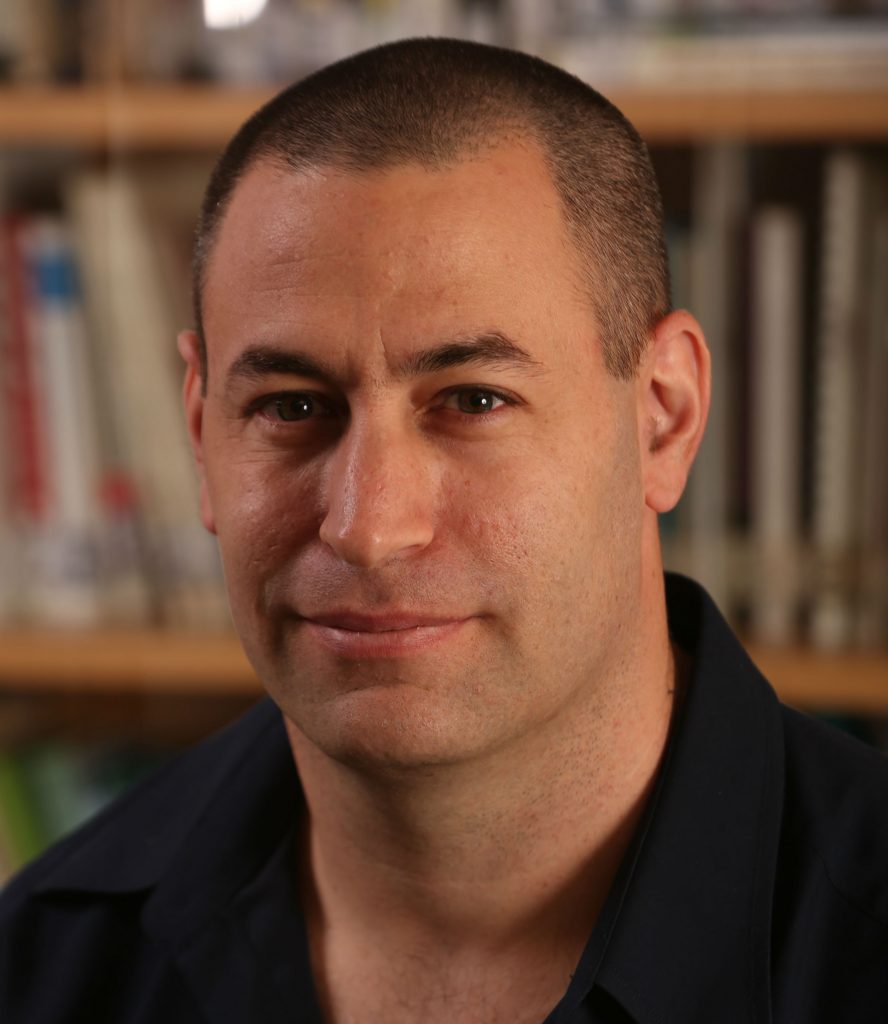
Ido Rosenzweig (PhD) is the Director of Research (Complex and Cascading Extreme Conditions, Belligerencies, Terrorism, and Cyber) and a Research Fellow at the Minerva Center for the Study of Law under Extreme Conditions, at the University of Haifa since 2014. He is a co-founder and Chairperson of ALMA – Association for the Promotion of International Humanitarian Law. He is an international lawyer with both practical and academic expertise in international humanitarian law and international human rights law.
Ido served in the International Law Department of the Israeli Ministry of Foreign Affairs between 2006 and 2008, and worked as a researcher at the Israel Democracy Institute in the Terrorism and Democracy Research Division between 2009 and 2014. He has taught and trained students in international law in several academic institutions, and has submitted several amicus curiae briefs to national and international courts (including the ICC at the Ntaganda case, and the ECCC).
Ido has earned his PhD in international law (2022) at the Hebrew University of Jerusalem. His dissertation titled: The Humanization of Combatants: The Right to Life of Combatants under International law. The PhD was written under the guidance of Prof. Yuval Shany (Hebrew University), and Prof. Noam Lubell (Essex University). For his dissertation Ido has received the Malcolm and Judith Shaw Prize for an outstanding doctoral dissertation in the field of public international law and/or human rights.
Member of the Israeli Bar since 2007
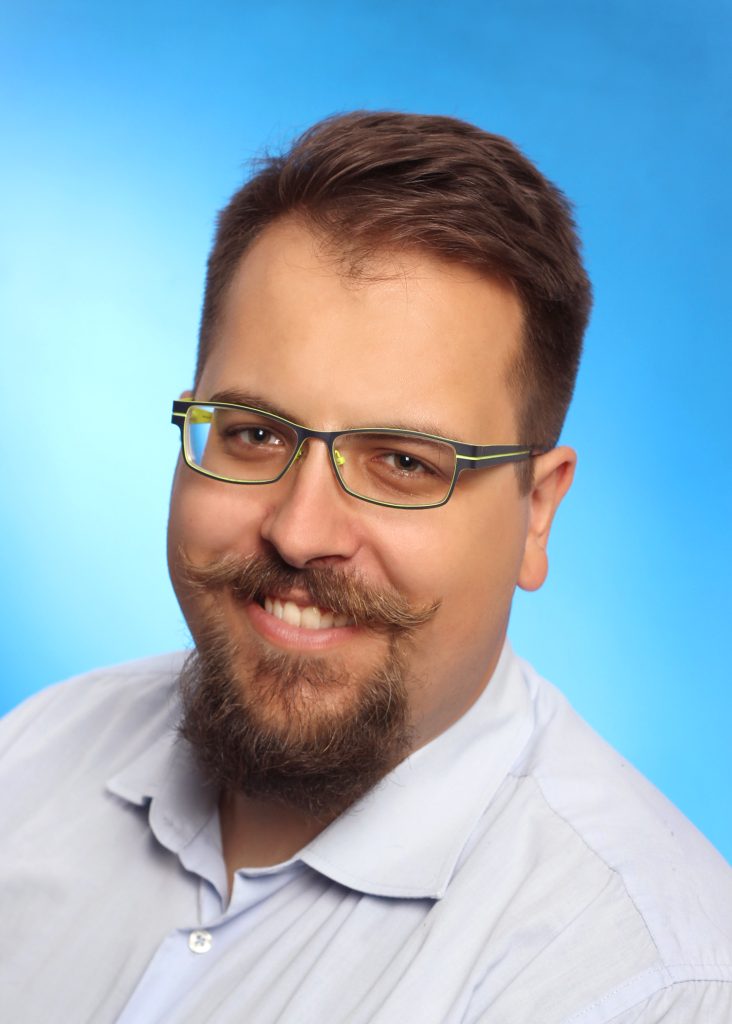
Jakub Harašta (PhD) is an assistant professor at the Institute of Law and Technology, Faculty of Law, Masaryk University. In his research, Jakub focuses mainly on legal informatics, electronic evidence and cybersecurity, tackling regulation and compliance and the broader implications of emerging and disruptive technology. He was a visiting research fellow at Minerva Center for the Rule of Law under Extreme Conditions (University of Haifa, 2015) and a visiting postdoctoral fellow at the Center for Cyber Law & Policy (University of Haifa, 2018). His short-term research stays included Exeter Law School (UK), NATO Cooperative Cyber Defence Centre of Excellence (Estonia), Max-Planck-Institut zur Erforschung von Gemeinschaftsgütern (Germany), and Carnegie Mellon University (USA).

Jakub Vostoupal is a postdoctoral researcher at the Institute of Law and Technology, Faculty of Law, and a legal researcher at the Faculty of Informatics, Masaryk University. His research focuses on cybersecurity, with an emphasis on the cybersecurity certification and NIS 2 Directive, bug bounty programs, and challenges related to a cyber-conflict, mainly the problem of cyber-attribution under international law. He also works as a cybersecurity manager for the Supreme Court and the Supreme Administrative Court of the Czech Republic and is currently studying psychology.

Krisztina Huszti-Orbán (PhD) is the Lead Researcher at the Geneva Academy of International Humanitarian Law and Human Rights. With over 15 years of experience in international organizations and academia, her work centers at the intersection of human rights, international humanitarian law and security policies, with particular focus on counter-terrorism.
Prior to joining the Geneva Academy, Krisztina has served in various positions with UN entities, including the UN Office of Counter-Terrorism (UNOCT) where she provided strategic legal and policy advice on incorporating human rights in the Office’s mandated activities and the Counter-Terrorism Committee Executive Directorate (CTED) where she was the focal point on the interrelationship between counter-terrorism frameworks and international humanitarian law. She has also served as Senior Legal Advisor to the UN Special Rapporteur on counter-terrorism and human rights and worked with the Office of the United Nations High Commissioner for Human Rights (OHCHR) on the promotion and protection of human rights in armed conflict and other situations of violence as well as in the context of preventing and countering terrorism and violent extremism.
Before joining the UN, Krisztina worked as a lawyer at the European Court of Human Rights, where her role included providing advice on matters pertaining to diverse aspects of public international law (including international humanitarian law and international criminal law) to the Sections and the Grand Chamber of the Court.
Krisztina has held research positions with the University of Minnesota, the Human Rights, Big Data and Technology project housed at the University of Essex, and New York University. She has also lectured in international humanitarian law, international human rights law, and counter-terrorism frameworks.
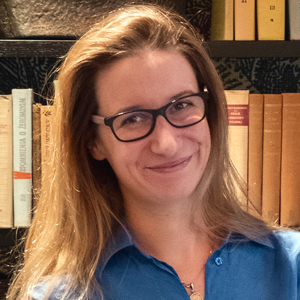
Magdalena (Magda) Pacholska is a post-doctoral fellow at the Minerva Center for the Rule of Law under Extreme Conditions. Magda was a Marie Skłodowska-Curie Postdoctoral Fellow at the Asser Institute (University of Amsterdam) where she was part of the Designing International Law and Ethics into Military Artificial Intelligence (DILEMA) Project. Before that, she worked as a legal adviser at the Polish General Command of the Armed Forces, where she focused on the legal aspects of interoperability in joint operations. She holds a Ph.D. from the Hebrew University of Jerusalem and an LL.M. in International Criminal Law from the University of Amsterdam (joint program with Columbia Law School). She is the Managing editor of The Military Law and the Law of War Review (Edward Elgar).

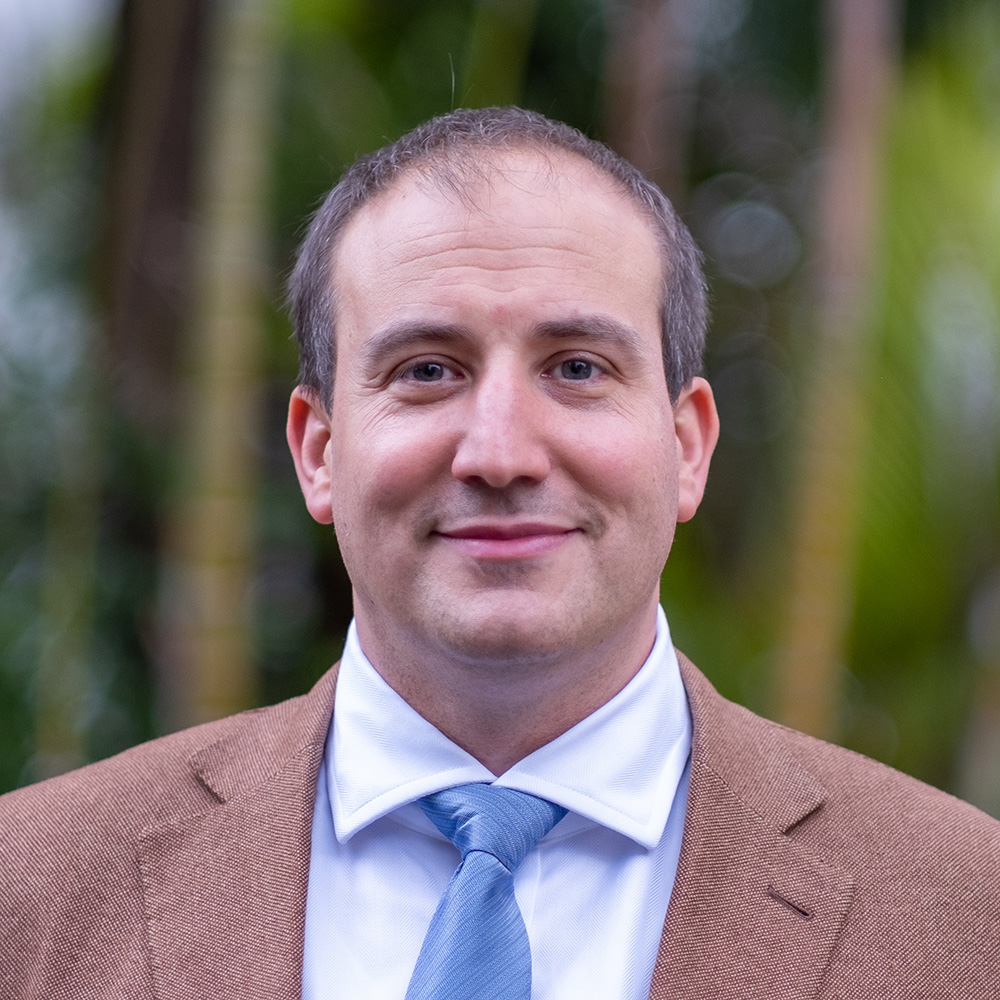
Marko Milanovic is Professor of Public International Law at the University of Reading School of Law, and Director of the Global Law at Reading (GLAR) research group. He is co-general editor of the ongoing Tallinn Manual 3.0 project on the application of international law in cyberspace and Senior Fellow, NATO Cooperative Cyber Defence Centre of Excellence. Since 2024, he has been serving as the Special Adviser on Cyber-Enabled Crimes to the Prosecutor of the International Criminal Court. He is also co-editor of EJIL: Talk!, the blog of the European Journal of International Law, as well as a member of the EJIL’s Editorial Board. Professor Milanovic was formerly Professor of Public International Law and Co-Director of the Human Rights Law Centre at the University of Nottingham School of Law, and served as Vice-President and member of the Executive Board of the European Society of International Law.

Martin Faix holds at Palacký University in Olomouc, Czech Republic, the position of the Head of the Centre for International Humanitarian and Operational Law (CIHOL), a pioneering centre launched through a collaboration between the university and the Czech Army. His prior roles include, among others, serving as an alternate member of the Management Board of the Fundamental Rights Agency of the European Union and as a member of the Research Centre for Excellence in Human Rights at Charles University in Prague. Martin´s areas of expertise include international law on the use of force, international humanitarian law, law of international institutions, and international human rights law. His academic contributions have been recognized on sveral occassions, most recently with the Bohdan Winiarski Scholarship at the Lauterpacht Centre for International Law at the University of Cambridge.

Maryam Qasim is an Assistant professor in international law with the Department of Law, Shaheed Benazir Bhutto University. Professor Maryam teaches the following subjects: public international law, international human rights law, international humanitarian law, the use of artificial Intelligence in legal sciences, and constitutional law. Maryam has an extensive academic background both in teaching and research work. Her notable research work includes “E2E-VSDL: End-to-end video surveillance-based deep learning model to detect and prevent criminal activities” in Image and Vision Computing, and “Conv GRU-CNN: Spatiotemporal Deep Learning for RealWorld Anomaly Detection in Video Surveillance System” in International Journal of Interactive Multimedia and Artificial Intelligence.
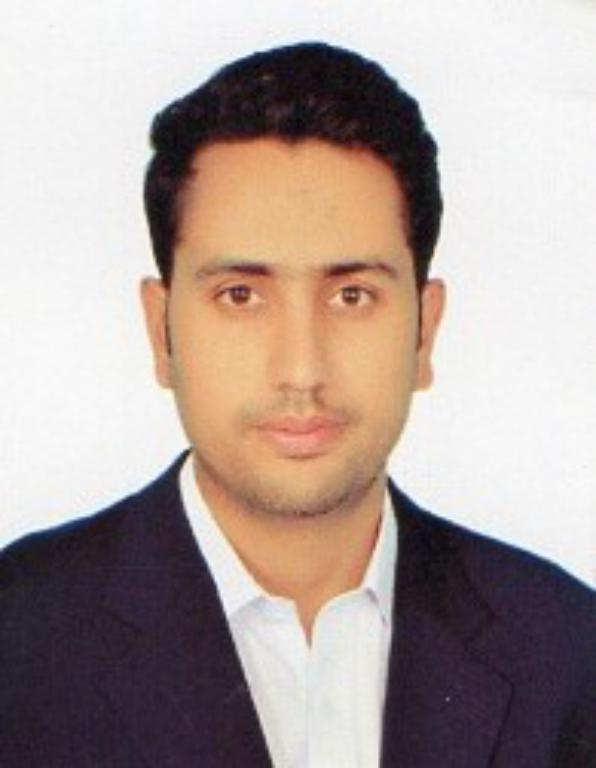
Muhammad Imran Khan is a postdoctoral researcher with Instituto Jurídico Portucalense (IJP). Present research focuses are the role and relevance of non-state actors in contemporary international law, international law of territorial sovereignty, occupation and the right to self-determination. Previously, worked on the nexus between international human rights laws and EU’s free-trade policies. Analysing if EU’s external relations and actions, specifically EU’s external trade, could be a means to overcome the cultural and religious relativist challenge to the universalist concept of international human rights standards, as the adage, ‘trade bring enemies together’ would suggest.
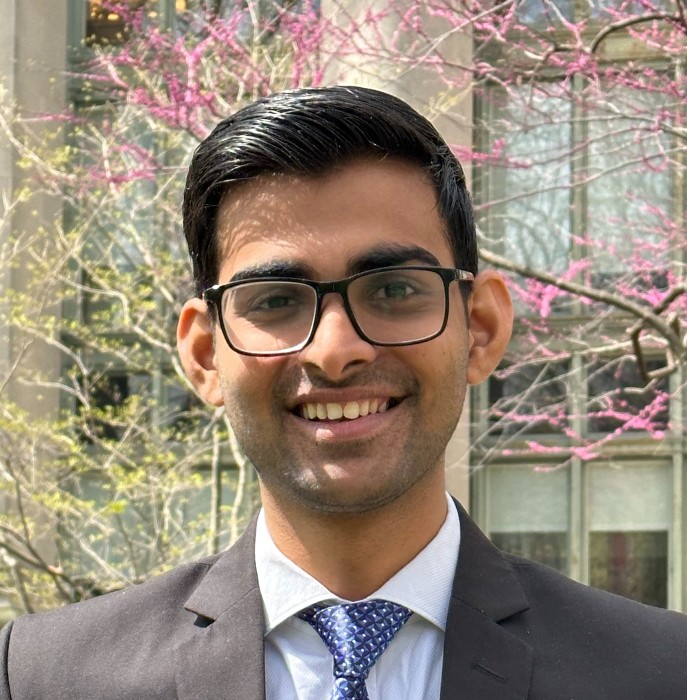
Rahul Desarda is an Assistant Lecturer at Jindal Global Law School and Assistant Director at Mahatma Gandhi Centre for Peace Studies, O.P. Jindal Global University, India. He completed his Master of Laws (LL.M.) in International Law from The Fletcher School of Law and Diplomacy, Tufts University, United States. His recent publication is titled Tackling Existential Threats through the Nukes-for-Climate Swap Agreement, co-authored with former President of Costa Rica, Carlos Alvarado Quesada. It can be accessed here.
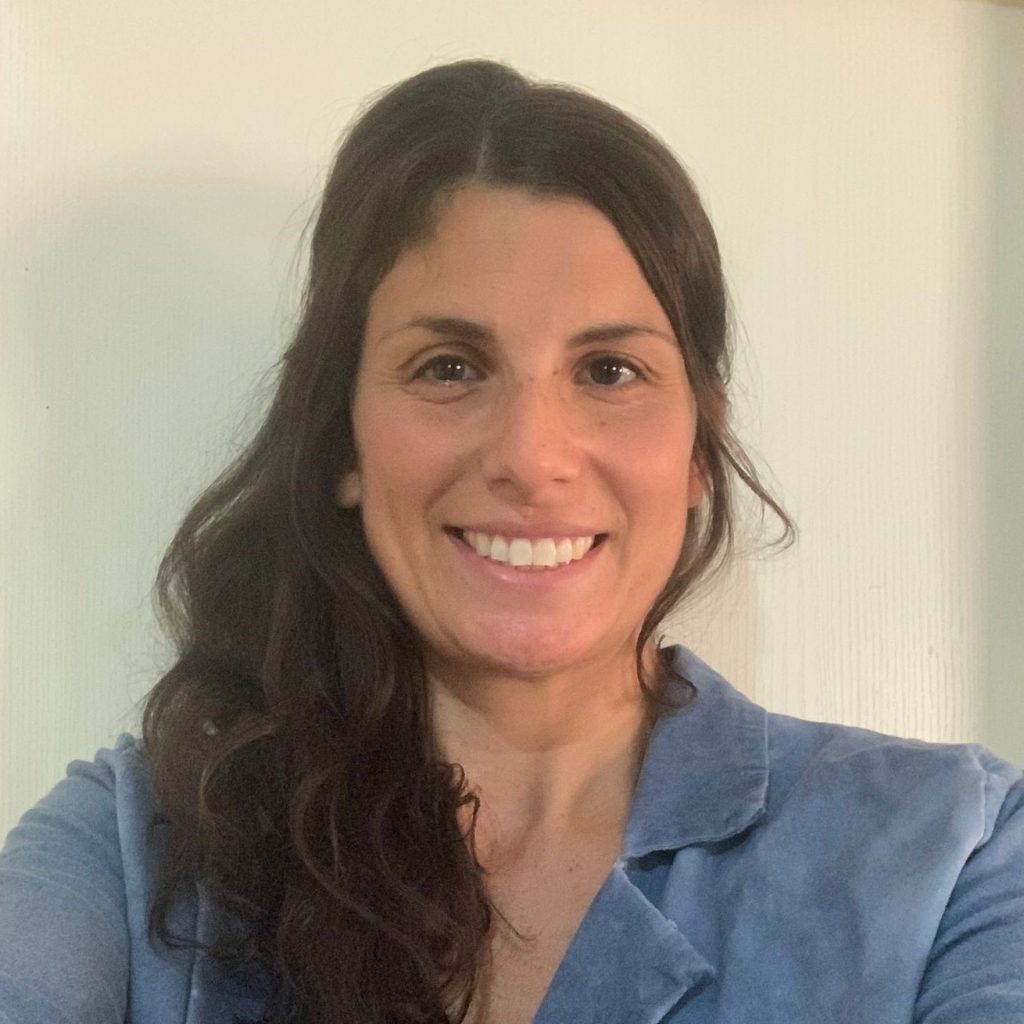
Shiran Shahaf is a scholar specializing in the international law of cyber warfare. She earned her PhD from Deakin University Law School, Australia, and holds a Bachelor of Arts in International Relations and Arabic Language and Literature as well as a Master’s degree in European Studies from the Hebrew University of Jerusalem.
Her research focuses on the intersections of cyber warfare, international law, and international relations. She is particularly interested in the legal challenges and ambiguities arising from the application of international law, and particularly the law of armed conflict, to cyber operations. Her work delves into the legal ‘grey zones’ of international law in this context, exploring the legal positions of states and international organizations (IOs).
Shiran’s work aims to advance international cooperation by paving the way for the development of customary international law, soft norms, or a formal international treaty governing cyber warfare. Her research contributes to bridging the legal and strategic gaps in this evolving field.

Sofia Galani (LLB, LLM, PhD, FHEA) is an Assistant Professor in Public International Law at the Panteion University of Athens. Previously, she was a Senior Lecturer at the University of Bristol, UK. Her research interests lie in the law of the sea, maritime security, terrorism and human rights. She is the author of Hostages and Human Rights: Towards a Victim-Centred Approach? (CUP, 2021) and a co-editor (with Professor Sir Malcolm Evans) of Maritime Security and the Law of the Sea: Help or Hindrance? (EE, 2020). She is a consultant for the Global Maritime Crime Programme of the United Nations Office for Drugs and Crime.

Tsvetelina van Benthem is a scholar in international law based at the University of Oxford, specialising in international humanitarian law, international criminal law, human rights law, and the regulation of emerging technologies. She is a research fellow at the Oxford Institute for Ethics, Law and Armed Conflict, a lecturer in international law for the Diplomatic Studies Programme, and co-convenor of the Oxford Transitional Justice Research group. Tsvetelina is a senior legal adviser at The Reckoning Project, working on accountability for violations of international law committed in the context of the war in Ukraine. In this capacity, she worked on submissions to the International Criminal Court, the UN Commission of Inquiry for Ukraine, various United Nations human rights mechanisms, and recently on the first universal jurisdiction complaint on crimes committed in Ukraine lodged in a state outside the Global North. Tsvetelina is the President of the Bulgarian-registered NGO Centre for International Law ‘Erga Omnes’, which provides free educational courses for students from Eastern Europe.
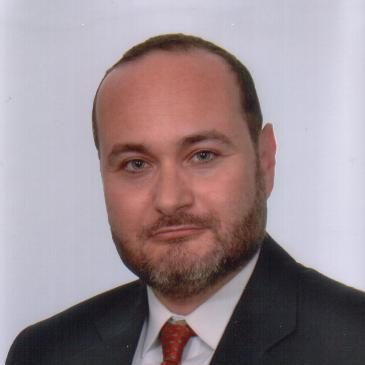
Solon Solomon is Associate Professor at the BUL School of Law, Brunel University London. Co-Director of the BUL International Law Group and convener of the BUL Emerging Law Voices YouTube interview series, he also serves as co-convener of the SLS International Law section.
Having served in visiting positions in a number of academic institutions such as Tel Aviv University, Humboldt zu Berlin, King’s College London and the British Institute of International & Comparative Law, Solomon is the author of one book (The Justiciability of International Disputes) cited before the Permanent Court of Arbitration and of an edited volume together with Derek Jinks from the University of Texas and the late Jackson Maogoto, from Manchester University. His research has been published in various academic journals, including the International Journal of Dispute Settlement, the Journal of Conflict & Security Law, the Nordic Journal of International Law, the German Law Journal and the Chinese Journal of International Law.
Maker of the film ‘Migrating Fears’ on global migration trends and with a steady media presence in outlets around the world, Solomon’s opinions have been cited or appeared inter alia in The Washington Post, The Chicago Chronicle, The Times, The Independent, BBC Mundo, Newsweek Magazine and Haaretz.

Yaël Ronen is a faculty member at the Academic Center for Science and Law, and a senior research fellow at the Minerva Center for Human Rights at the Hebrew University in Jerusalem. She obtained her PhD at the University of Cambridge, England. Her areas of interest include statehood, territorial status and human rights, as well as the intersection between these areas. Her publications in recent years in include The Occupation of Justice (with David Kretzmer, 2nd, expanded ed, Oxford University Press 2021) and “The Right to Self-determination, Occupation and the Law” 67 Japanese Yearbook of International Law (forthcoming 2024). Professor Ronen is the academic editor of the Israel Law Review, a journal focusing on human rights, international and public law, published by Cambridge University Press.

Yahli Shereshevsky is a senior lecturer (associate professor) at the University of Haifa Law School. He was previously a post-doctoral fellow at the Federmann Cyber Security Reserach Center, the Minerva Center for the Rule of Law under Extreme Conditions, and a Grotius Research Scholar at the University of Michigan Law School. Yahli specializes in international law, focusing on international humanitarian law, international lawmaking, international legal theory, war and technology, and international criminal law.
Yahli received his PhD from the Hebrew University of Jerusalem, where he was a Hans-Guth Dreyfus Fellow for Conflict Resolution and the Law and was enrolled in the Hoffman Leadership and Responsibility Fellowship Program. Yahli holds an LLB in Law and the “Amirim” Interdisciplinary Honors Program for Outstanding Students (summa cum laude) from the Hebrew University. He clerked for the Honorable Deputy Chief Justice Eliezer Rivlin of the Supreme Court of Israel. Yahli’s work has been published in leading journals including the European Journal of International Law, the Virginia Journal of International Law, The Michigan Journal of International Law, and the Journal of International Criminal Justice.

Ziv Bohrer is a Senior Lecturer at Bar-Ilan University Faculty of Law. His main research field is Public International Law, with an emphasis on researching both current and historical issues relating to International Humanitarian Law (Law of War) and to International Criminal Law. In recent years, he has been researching (among other things) the forgotten, centuries-long, pre-WW2 history of International Criminal Law. Dr. Bohrer holds bachelor degrees in law and in psychology from Haifa University (2002), and a LL.M. (cum laude; 2007), as well as a Ph.D. in law (2011) from Tel-Aviv University. His doctoral dissertation addressed the Superior Order Defense in International Criminal Law, as well as in Domestic-Comparative Criminal Law, examining the issue both from a legal-doctrinal perspective and from several different (multi-disciplinary) theoretical perspectives.
Ziv was a Visiting Scholar at the Max Planck Institute for Comparative Public Law and International Law, Heidelberg, Germany (2019-2020); at Cambridge University Law Faculty, UK (2017), and at Michigan University Law School, USA (2011-2012). He also was a Research Fellow at the Hebrew University – Sacher Institute for Legislative Research and Comparative Law (2012-2013), and a Visiting Lecturer at University of Georgia (UGA) Law School (2015).
Dr. Bohrer has published in various academic journals, including: Law & History Review, and Michigan Journal of International Law
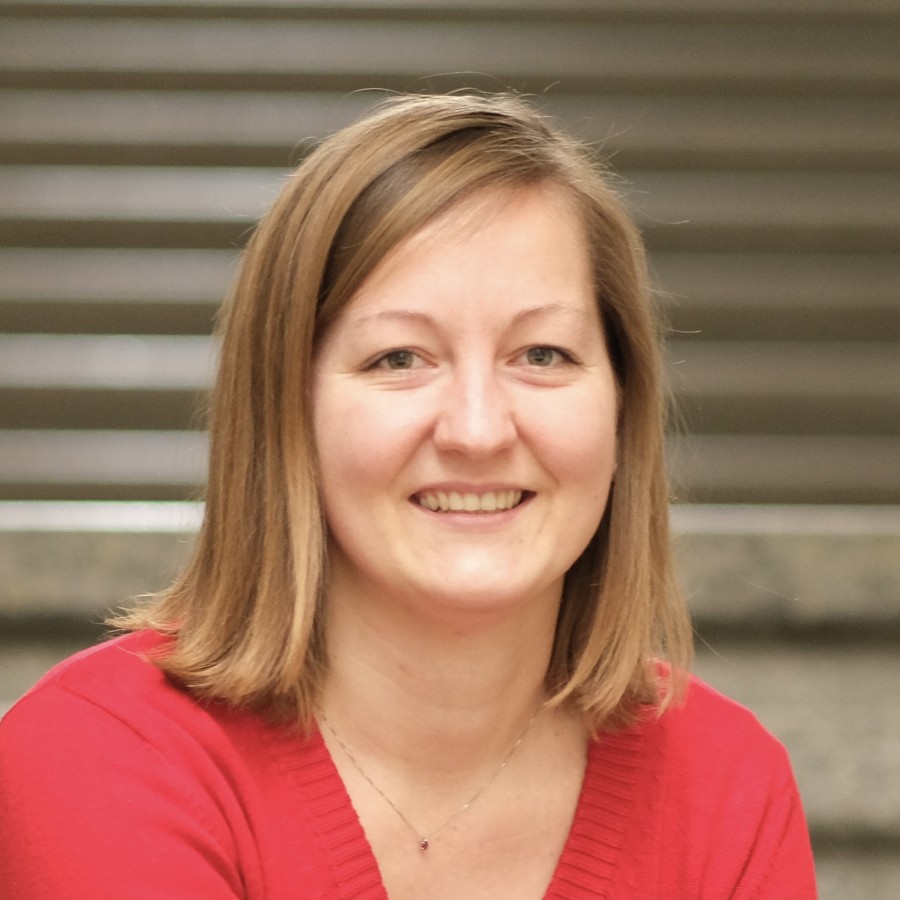
Zuzana earned her MJur from the University of Oxford (2015), where she also completed her MPhil thesis on national identity and the EU internal market under the supervision of Professor Stephen Weatherill (2017). She previously studied law at Charles University and at KU Leuven, specializing in EU economic law. In recent years, Zuzana has also supervised students in the emerging field of law and technology, reflecting her broader interest in how constitutional and EU legal frameworks adapt to technological developments.
